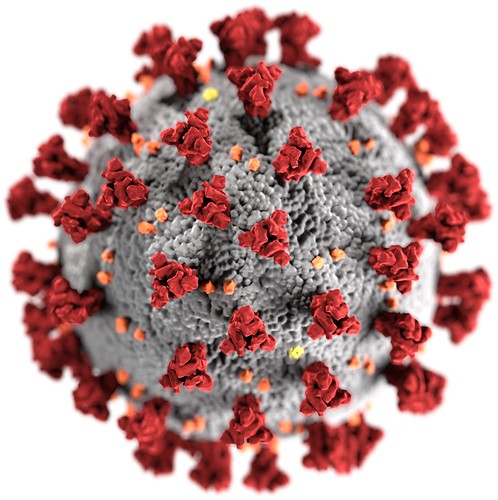
The pandemic has accelerated changes to the way we teach and learn. Join us to discuss the Covid-19 shutdown: when studying turns digital, students want more structure: a paper by Vegard Gjerde, Robert Gray, Bodil Holst and Stein Dankert Kolstø on the effects of the pandemic on Physics Education at a Norwegian University. [1]
In March 2020, universities in Norway and many other countries shut down due to the Covid-19 pandemic. The students lost access to classrooms, libraries, study halls, and laboratories. Studying turned digital. Because it is unclear when this pandemic will cease to affect students and because we cannot know whether or when a new pandemic occurs, we need to find ways to improve digital study-life for students. An important step in this direction is to understand the students’ experiences and perspectives regarding how the digitalization affected their study-life both in structured learning arenas and their self-study. Therefore, we interviewed 12 students in an introductory mechanics course at a Norwegian university in June of 2020. Through a thematic analysis, we identified four broad categories in the students’ different experiences and reflections, namely that digitalization: (a) provides benefits, e.g. the flexibility inherent in online video lectures; (b) incurs learning costs, e.g. students reducing their study effort; (c) incurs social costs, e.g. missing being around other students; and (d) increases the need for structure, e.g. wanting to be arranged in digital groups to solve mandatory tasks. We also found that the 2019 students on average scored significantly better on the final exam than the 2020 students, d = 0.31, but we discuss why this result should be interpreted with caution. We provide suggestions for how to adapt courses to make students’ digital studying more socially stimulating and effective. Furthermore, this study is a contribution to the historical documentation of the Covid-19 pandemic.
All welcome, as usual, we’ll be meeting on Zoom see sigcse.cs.manchester.ac.uk/join-us for details. Thanks to Sarah Clinch for suggesting the paper.
References
- Gjerde, Vegard; Gray, Robert; Holst, Bodil; Kolstø, Stein Dankert (2021). “The Covid-19 shutdown: when studying turns digital, students want more structure”. Physics Education. 56 (5): 055004. doi:10.1088/1361-6552/ac031e
